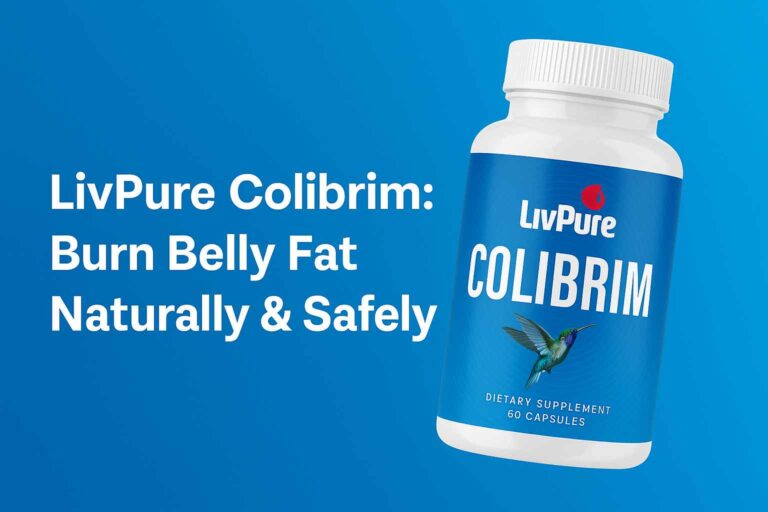Can You Get Dental Insurance If You’re Self-Employed?
Introduction
Being self-employed offers many opportunities and flexibility, but it also comes with challenges, particularly in benefits such as dental insurance. Unlike traditional employees who often receive dental coverage through their employers, self-employed individuals must navigate the complexities of securing their dental insurance. However, the good news is that self-employed individuals have multiple options to access quality dental care. This article explores those options, helping you choose a plan that suits your lifestyle and budget, ensuring that even the busiest entrepreneurs can maintain a healthy smile.
Understanding Dental Insurance for the Self-Employed
Diving into dental insurance might feel daunting, but understanding the basics can simplify your decision-making process. Dental dental insurance plans can be categorized into preventive, essential, and significant care. Preventive care includes regular check-ups and cleanings, and essential care covers procedures like fillings and extractions, while primary care typically involves more complex treatments such as crowns and bridges. Identifying which category aligns with your needs is a great starting point for a self-employed individual. The availability of dental insurance for self-employed professionals ensures that they can maintain their oral health without worry. Navigate https://www1.deltadentalins.com/areas-we-serve/newyork.html for a wealth of information that can guide you in selecting the best dental plan for your needs.
Types of Dental Insurance Plans Available
When shopping for dental insurance, self-employed individuals can choose from several types of plans: Preferred Provider Organizations (PPOs), Health Maintenance Organizations (HMOs), and Indemnity plans. PPO plans enable flexibility while maintaining affordability by offering a network of dentists and frequently permitting the selection of out-of-network providers at a higher cost. HMO plans usually feature cheaper premiums to promote cost-effectiveness but require you to visit network providers for coverage. Indemnity plans offer the greatest freedom, allowing you to visit any dentist and submit claims for reimbursement, often with higher premiums. Each plan type presents unique benefits and limitations, allowing for a choice based on personal preference and financial considerations.
Balancing Cost and Coverage
Striking the right balance between cost and coverage is critical when selecting a dental insurance plan. As a self-employed professional, assessing your dental health needs and budget is vital. Consider the monthly premiums alongside deductibles, co-pays, and annual limits. Calculate the total potential spend over a year to ascertain if the plan meets your financial situation. Also, look for plans that offer good coverage for preventive services as they help maintain health and prevent costly dental issues in the future. Ultimately, the ideal choice is the plan that provides the right coverage at a cost you can comfortably sustain.
The Importance of Preventive Dental Care
Preventive dental care is the cornerstone of excellent oral health, and its importance cannot be overstated, especially for self-employed individuals. Regular check-ups, cleanings, and x-rays help in the early detection of potential issues, preventing severe problems and costly treatments down the road. Most dental insurance plans cover preventive care at 100%, underscoring its significance. By emphasizing preventive care, you invest in your immediate well-being and long-term health, ensuring a smile that lasts well into the future. This proactive approach safeguards your health and reflects thoughtful financial planning, easing the overall healthcare burden.
You might like it – Tips And Tricks Wutawhealth For Smarter Healthy Living
Exploring Dental Savings Plans and Discounts
In addition to traditional insurance plans, self-employed individuals can consider dental savings and discount programs. Unlike insurance, these plans offer reduced fees on dental services at participating providers. You pay an annual fee to access a network of dentists who provide services at discounted rates. These programs can provide significant savings on routine and major dental work, especially beneficial for those unable to afford insurance premiums. Although not an insurance replacement, they offer meaningful financial relief, allowing more people to access necessary dental care. Consider exploring such options as a supplement to your dental insurance strategy.
Maximizing the Benefits of Your Dental Insurance
Once you’ve chosen the right dental insurance plan, it’s essential to make the most of the benefits afforded to you. Schedule regular dental check-ups to utilize preventive care services fully. Keep track of your plan’s annual maximum to avoid unforeseen out-of-pocket expenses toward the year’s end. Pay attention to network providers, and try to stay within the network when possible to capitalize on the reduced costs negotiated by your insurer. Understanding the structure of your plan enables you to use its benefits wisely, enhancing your oral health while efficiently managing expenses.
Regular Dental Visits: A Key Habit for the Self-Employed
Amidst the hustle and bustle of self-employment, it’s easy to neglect regular dental visits. However, these appointments are paramount to preserving oral health, serving as the first defense against more serious health issues. An ounce of prevention through routine check-ups can save you time, health challenges, and financial stress. Prioritizing dental visits maintains your oral health and instills confidence, knowing your health is monitored. Regular dental care represents a commitment to personal health maintenance, a valuable habit that pays dividends throughout your self-employed journey.
Conclusion
Navigating dental insurance as self-employed may initially seem overwhelming, but it becomes an empowerment tool rather than a burden with the correct information and approaches. From understanding types of plans and balancing costs to valuing preventive care and leveraging savings programs, the path to securing dental health is clear and accessible. Regular dental care promotes physical and financial well-being and supports the freedom inherent to self-employment. As you embark on the journey to better oral health, remember that the right dental plan is both a safeguard and a wise investment in your well-being.







